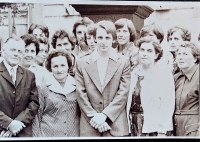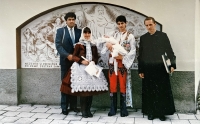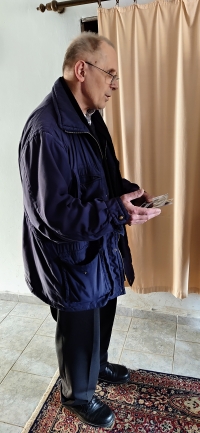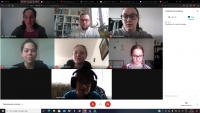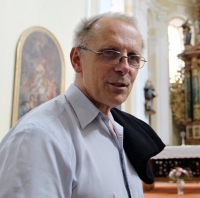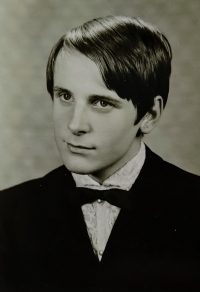Ten commandments allow me to live freely internally, even if external freedom is lacking

Download image
only with his mother. He comes from a strongly believing family and this has fundamentally affected his life. He graduated from primary and secondary general education in Jihlava. In August 1968 he went to sea to Rostock in the then German Democratic Republic. When he returned home, he was surprised by the amount of military equipment on our railways beyond our borders. He remembers the occupation, which he learned about from the radio, as well as a school trip to Prague in September, where a teacher took them on a tour of the National Museum’s marked battle. After high school, he began studying at the Cyril and Methodius Theological Faculty of Charles University in Litoměřice. After the third year, he had to start a two-year military service, first in Janovice nad Úhlavou, then in Hrdel near Terezín. In 1977 he was ordained a priest in Brno and served in various places of the Brno diocese. On February 1, 1982, he became a pastor in Prosiměřice in the Znojmo region, where he worked until 1990. He welcomed the Velvet Revolution with joy, and the external freedom joined the internal freedom. Until 1997, he worked in various places in Moravia and Slovakia, he also experienced the division of Czechoslovakia on the border in 1992. In 1997 he came under the diocese of Litoměřice, worked briefly in Frýdlant and then until now in Kadan.
